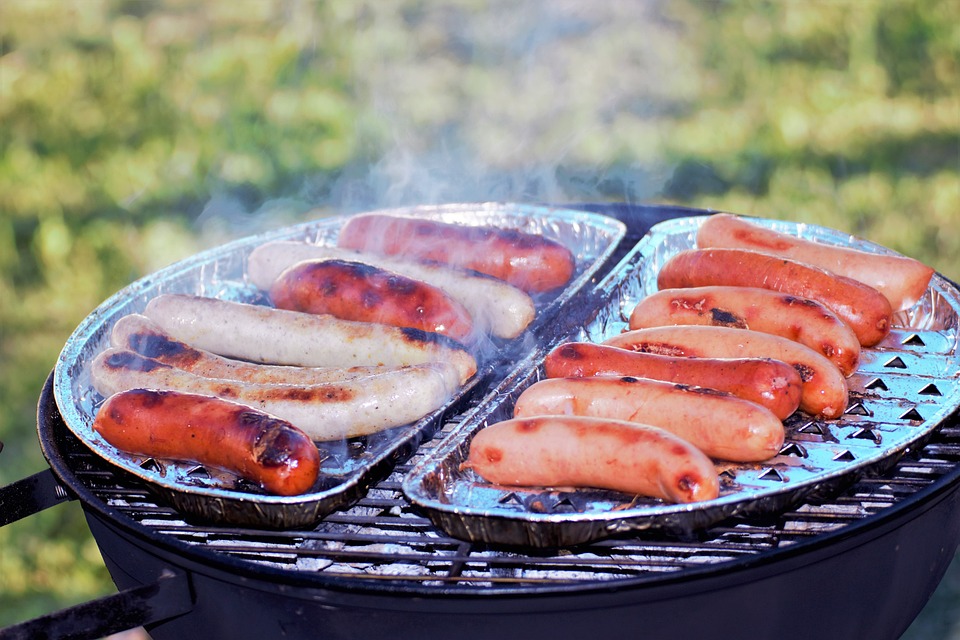Table of Contents
Conquer Winter Camping: Stay Warm and Safe in Cold Conditions
Sleeping under a starry winter sky, surrounded by snowy landscapes, and enjoying the tranquility of nature is an adventure like no other.
However, camping in cold conditions requires careful preparation and attention to detail to ensure your safety and comfort.
With the right gear, knowledge, and a willingness to adapt, you can conquer winter camping and create lasting memories.
Here are some tips to help you stay warm and safe during your winter camping adventures.
Choose the Right Gear
When it comes to winter camping, your gear can make all the difference.
Invest in a quality four-season tent that is designed to withstand harsh winter conditions.
Look for a tent with a sturdy frame, a durable rainfly, and excellent insulation to keep the cold out.
Make sure to bring a properly rated sleeping bag that is suitable for cold temperatures.
Look for a bag with a temperature rating below the expected overnight lows.
You can also use a sleeping bag liner or thermal blanket for extra warmth.
Insulate yourself from the cold ground by using a thick sleeping pad or an insulated air mattress.
This will prevent heat loss to the ground and provide a comfortable sleeping surface.
Dress in Layers
Layering is key when dressing for winter camping.
Start with a moisture-wicking base layer that will keep sweat away from your skin.
Avoid cotton, as it retains moisture and can leave you feeling cold and uncomfortable.
Add an insulating layer such as a fleece or down jacket to trap heat and keep you warm.
Finally, top it off with a waterproof and windproof outer shell to protect against the elements.
Don’t forget to layer your lower body as well.
Wear thermal or woolen leggings under your pants for added insulation.
And don’t forget warm socks and insulated waterproof boots to protect your feet from the cold.
Stay Hydrated and Nourished
Hydration and proper nutrition are vital when camping in the winter.
Cold temperatures can cause increased fluid loss, so make sure to drink plenty of water throughout the day.
Insulated water bottles or thermoses can help prevent your water from freezing.
Bring high-energy and easy-to-prepare meals to fuel your body and keep you warm.
Foods such as nuts, granola bars, trail mix, and warm soups are excellent choices.
Carry a portable stove or cook over a campfire, but always exercise caution when handling fire.
Practice Fire Safety
A warm campfire is not only comforting but can also provide much-needed heat during winter camping.
Before building a fire, make sure to check the campsite regulations regarding fires and obtain any necessary permits.
Clear the area around the fire pit from any flammable materials and make a fire ring using rocks.
Keep a bucket of water or a fire extinguisher nearby in case of emergencies.
Never leave the fire unattended and fully extinguish it before going to bed or leaving the campground.
FAQs
Q: How do I prevent my water from freezing during winter camping?
A: Insulated water bottles or thermoses can help prevent your water from freezing.
You can also place your water bottle in a sock or wrap it with a thermal blanket for added insulation.
Storing your water bottle inside your sleeping bag or sealed in a fabric pouch can also help keep it from freezing.
Q: How can I stay warm inside the tent at night?
A: To stay warm inside the tent at night, make sure to properly insulate your tent.
Use a tent designed for cold weather camping, layer your sleeping arrangements with a thick sleeping pad or insulated air mattress, and utilize a sleeping bag that is suitable for low temperatures.
Additionally, wearing thermal base layers, socks, and a beanie can help retain body heat while you sleep.
Q: What precautions should I take when camping in extreme cold?
A: Camping in extreme cold requires additional precautions.
Familiarize yourself with the signs of frostbite and hypothermia, and be prepared to recognize and address any symptoms.
Always check the weather forecast before venturing out, dress in appropriate layers, and bring extra food, water, and emergency supplies.
It’s also a good idea to inform someone about your camping plans and expected return time.




